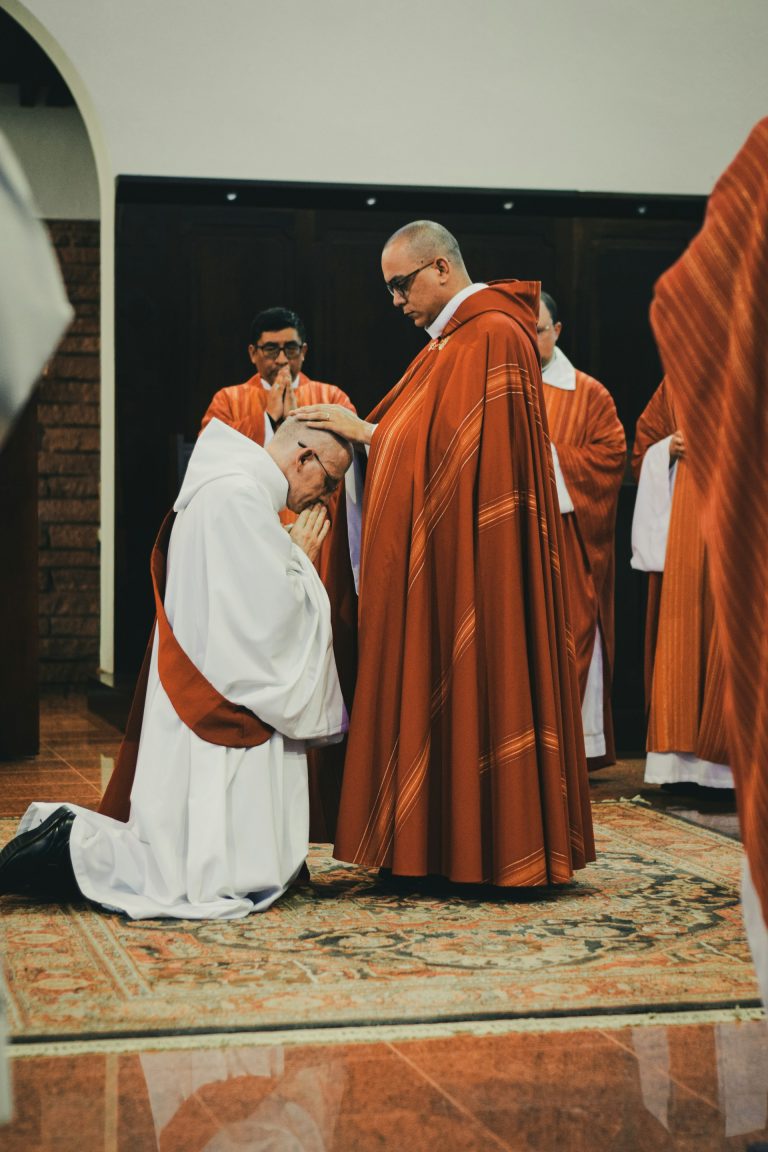Samuel Adams was one of the first men in the colonies to realize that the freedom he and his fellow citizens enjoyed was threatened. Initially, and entirely alone, Adams understood that England would wait. Then, after the colonials had done the tough work of clearing land, building roads, pushing the Indians Westward, and putting shipping ports along the coast, the British government would descend upon the colonies with increasing controls. They wanted to take over, and Samuel Adams understood one of their main motivations.
Adams realized that England’s vast landholding nobility had a horde of younger sons who would remain landless unless big chunks of America could be provided for them. While few Americans had any dislike for the King, many of them remembered how bad things were in an England where most were little better than serfs. All who’d left any part of Britain knew the crushing poverty that came from draining the poor and middle class to bloat an aristocracy with every obtainable luxury.
American colonists, especially the more recent ones, knew what dungeons were. They knew every castle had a dungeon and every town a jail. They remembered how heartlessly estate agents squeezed everyone they could, and that that every estate had them. They knew about press gangs that stole their sons, abusive nobles’ unrestrained desires, taxes imposed at whim, and all the other impediments to liberty that, today, we have sadly forgotten.
As Adams made clear, when the English government grew stronger in America, it would result in every level of American society being forced to labor under new masters. By letting people know how near their enslavement was, Samuel Adams was able to fan the flames of freedom into the conflagration that would provide America with at least a century or so of liberty.
Wealthy planters, merchants, and businessmen knew that their own properties could be confiscated by the crown and given to royal favorites, alleging any sort of excuses. Prosperous Americans were well enough educated to know there was a clear precedent for such confiscation: Normans, with the power of the King behind them, had taken all the estates and properties once owned by Saxon nobles. Similarly, the Saxons had taken most of the vast holdings of the British nobles who’d preceded them. Before that, Roman aristocrats confiscated land from the Celts on which to build vast villas. America’s nobles could not help but know what the English government would do to them.
The English nobility’s takeover of America’s wealthiest would be mirrored in the takings that would go on at the lower levels. Soon, if would become the United States would not, its people would have no more freedom than England. All Americans would be working for aristocrats. Those who protested would be jailed, hung, or sent to sea as sailor-slaves.
Now, of course,
we in the United States have our own, home-grown aristocrats. They own most of what there is and make most of the decisions. “Taxation without representation” has taken new, and more deceptive forms.








